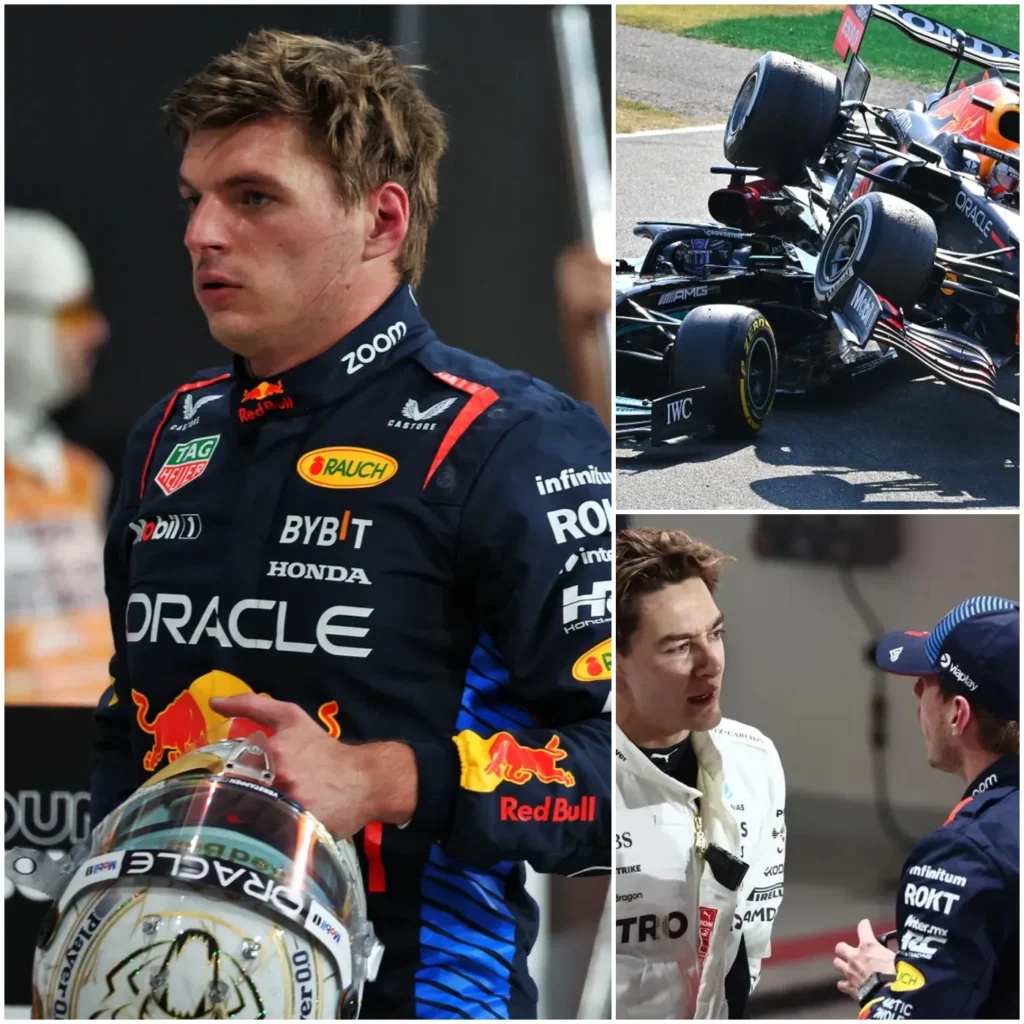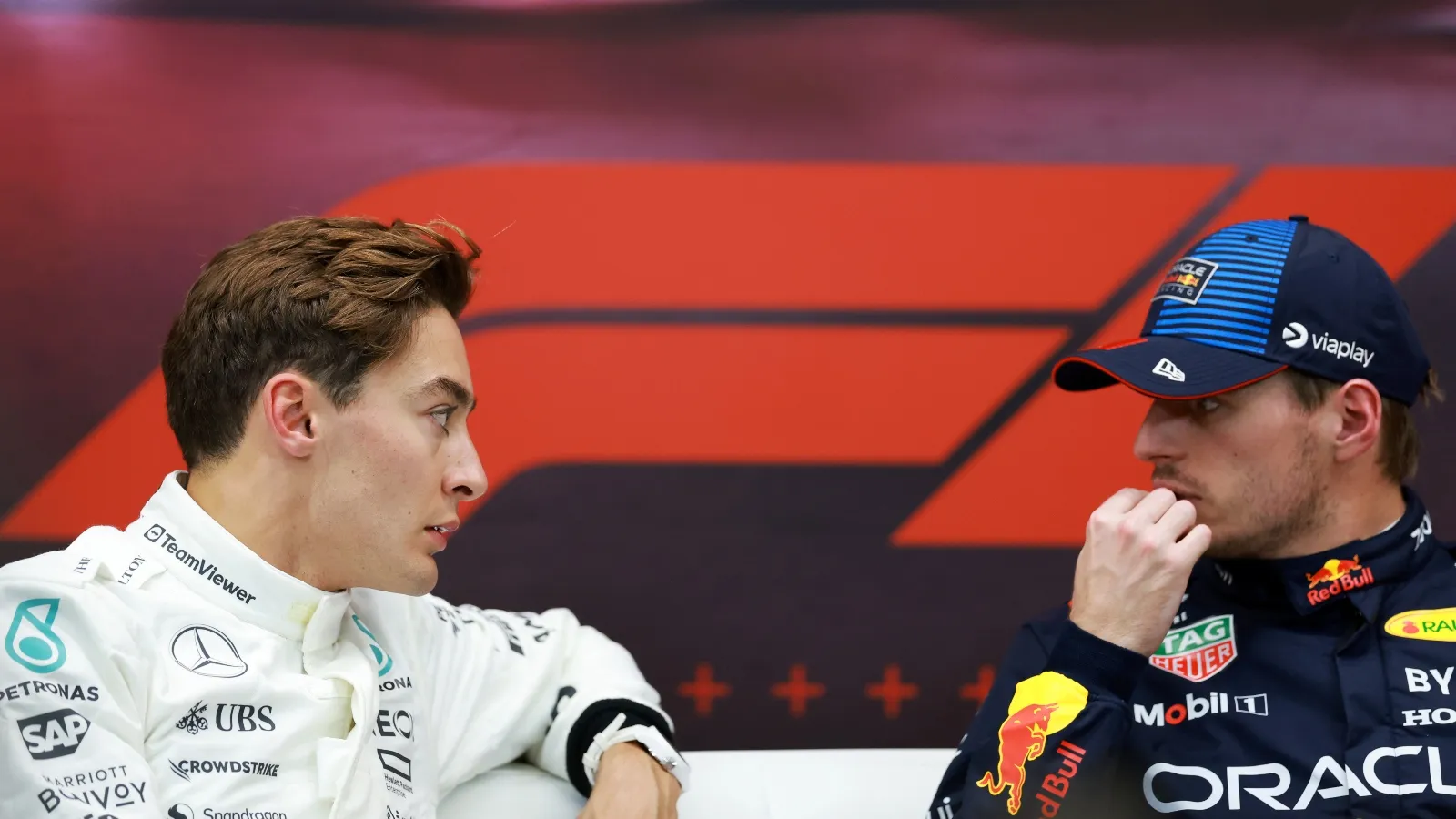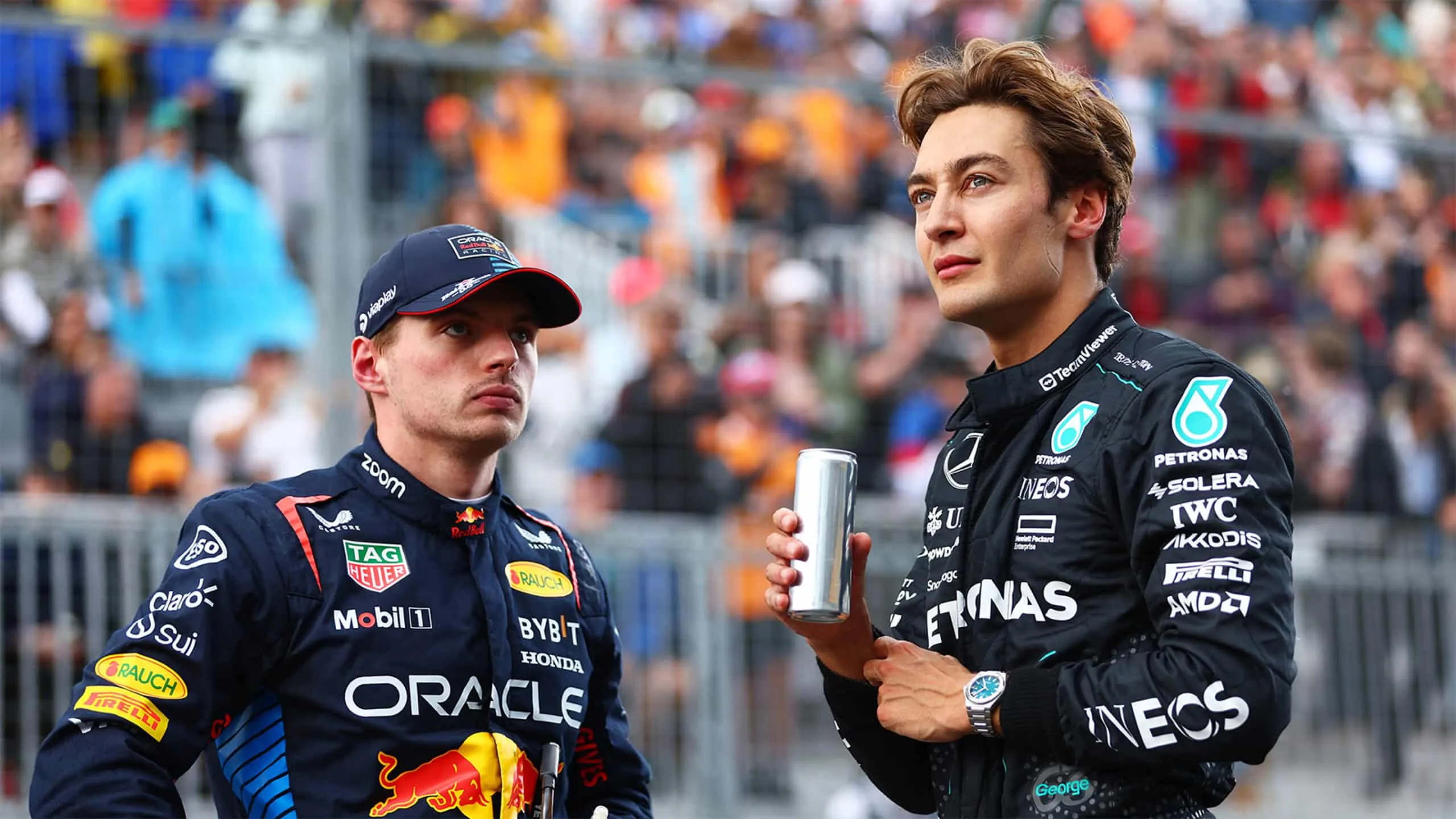Verstappen Once Again Under Fire: It’s Okay to Tone It Down Sometimes, Max

Max Verstappen, a Formula One world champion known for his aggressive racing style, is once again under fire for an incident in a sim race at Daytona’s virtual circuit. The event quickly sparked a new wave of criticism, with detractors pointing to what they perceived as reckless behavior. Verstappen, a figure whose moves on and off the track often ignite debate, found himself in the center of yet another storm after an optimistic maneuver that, in the eyes of many, crossed the line between aggressive racing and unnecessary risk-taking. This latest controversy begs the question: Should Max Verstappen consider toning it down?
A Moment of Controversy in the Sim Race
The incident in question occurred during a Daytona sim race when Verstappen made a move that many considered overly ambitious. Heading into the first corner, he executed an aggressive maneuver that led to him colliding with another car and essentially ruining his race before it had even properly begun. What made it worse was the fact that Verstappen, the title contender, took out the Williams car that was leading the championship at the time. Although the Williams driver eventually managed to recover and win the title, the incident underscored Verstappen’s penchant for taking risks that, at times, seem to come at the expense of the race itself.
For Verstappen’s critics, this was yet another example of his reckless behavior, a trait they argue has defined his career. While his supporters defend him, claiming that this is just his aggressive style and his willingness to go for any opportunity, it raises a troubling question about his decision-making, both in virtual and real-life racing. Could a champion with Verstappen’s talent afford to be a bit more patient and strategic, rather than constantly seeking to squeeze through tight gaps and make daring moves?

Verstappen’s Behavior: Is It Time to Tone It Down?
After the incident, Verstappen admitted his mistake, a rare moment of self-awareness for the typically unapologetic driver. Despite acknowledging that his move was not ideal, his critics argue that the Dutchman’s history of aggressive racing doesn’t justify such actions, especially in a situation where it wasn’t necessary to take such a high-risk approach. Fans and pundits alike often argue that Verstappen’s mindset—always looking for an opening—has contributed to his dominance in F1. However, this incident once again highlights the downside of his aggressive approach. What if he had been on the receiving end of a similar move? How would he have reacted if a rival, like Lando Norris, had taken him out in such a fashion? We can only imagine the fury he would have unleashed. In the heat of competition, it’s easy to overlook the consequences of such reckless actions. If a driver of Verstappen’s caliber is willing to take these risks, shouldn’t he at least consider the long-term impact on his legacy?

The Bigger Picture: Are Penalty Points on the Horizon?
Looking ahead to the F1 season, Verstappen must be mindful of his behavior, particularly with the penalty points system in place. Drivers are not allowed to accumulate more than three penalty points until halfway through the season, or risk facing a one-race ban. This rule serves as a reminder that, in Formula 1, decisions made in the heat of the moment can have long-term consequences. It’s an issue Verstappen needs to consider, as incidents like the one in Daytona could start to accumulate and potentially endanger his title defense.
While Verstappen’s critics might view this as a sign that his aggressive tendencies need to be toned down, his supporters may argue that it’s part of what makes him great. However, even the most talented drivers need to strike a balance between raw aggression and calculated risk. If Verstappen wants to secure his place among the all-time greats, it’s important to remember that managing the moments when to go all-out is just as crucial as knowing when to ease off the throttle.
The Road Ahead for Verstappen
Max Verstappen’s aggressive racing style has earned him many victories, but it has also made him a polarizing figure. The latest incident in the sim race at Daytona only adds fuel to the fire of debate over whether his approach to racing is sustainable in the long run. Verstappen’s supporters will continue to defend his methods, but the reality is that Formula 1—and motorsport in general—requires a level of discipline and strategic thinking that goes beyond raw talent.
The question remains: Is Max Verstappen too aggressive for his own good? While he will undoubtedly continue to push the boundaries of what is possible on the track, it might be time for him to consider toning down his risk-taking, at least for the sake of his legacy. After all, history will remember not only the victories but also the moments when a champion showed the wisdom to know when to play it safe.




